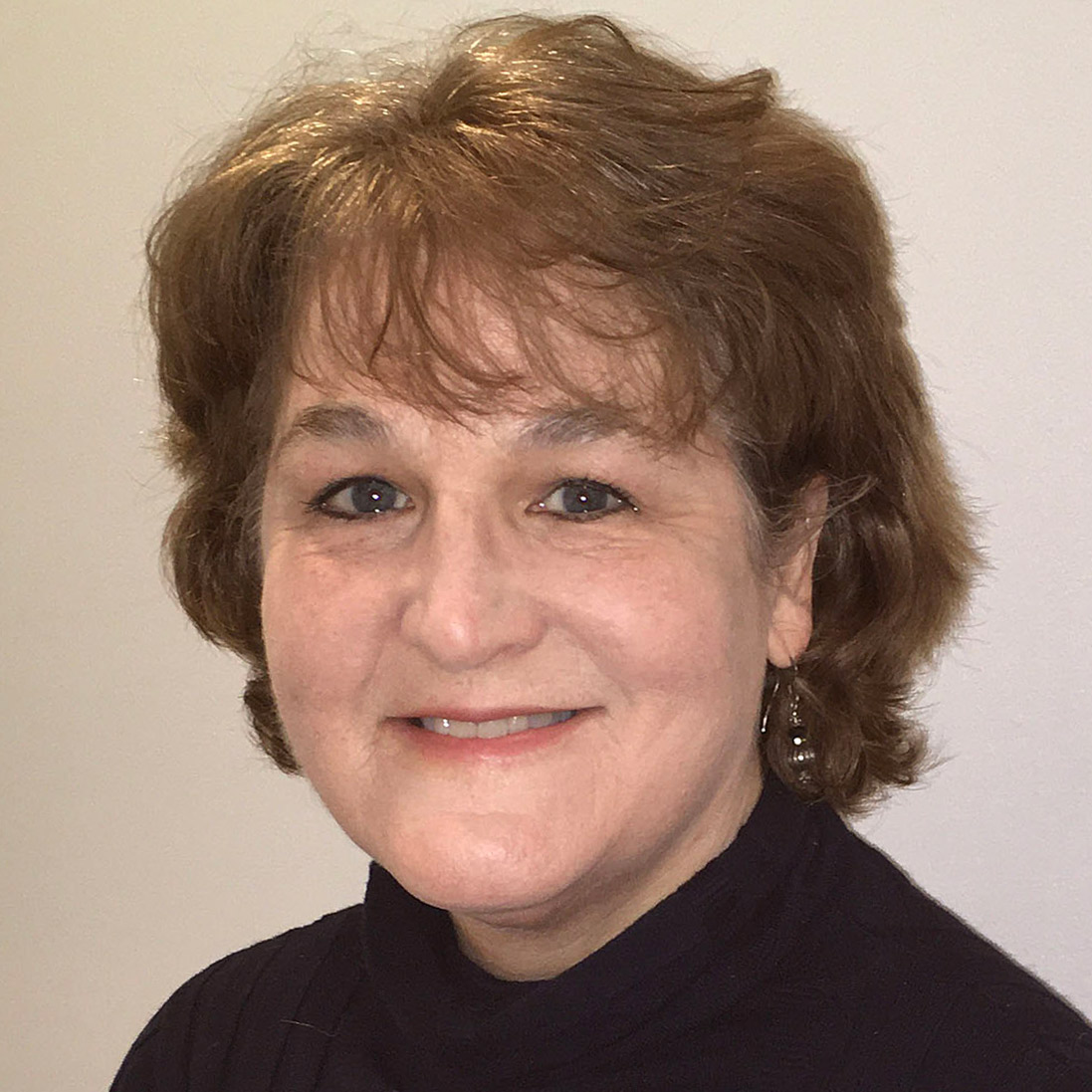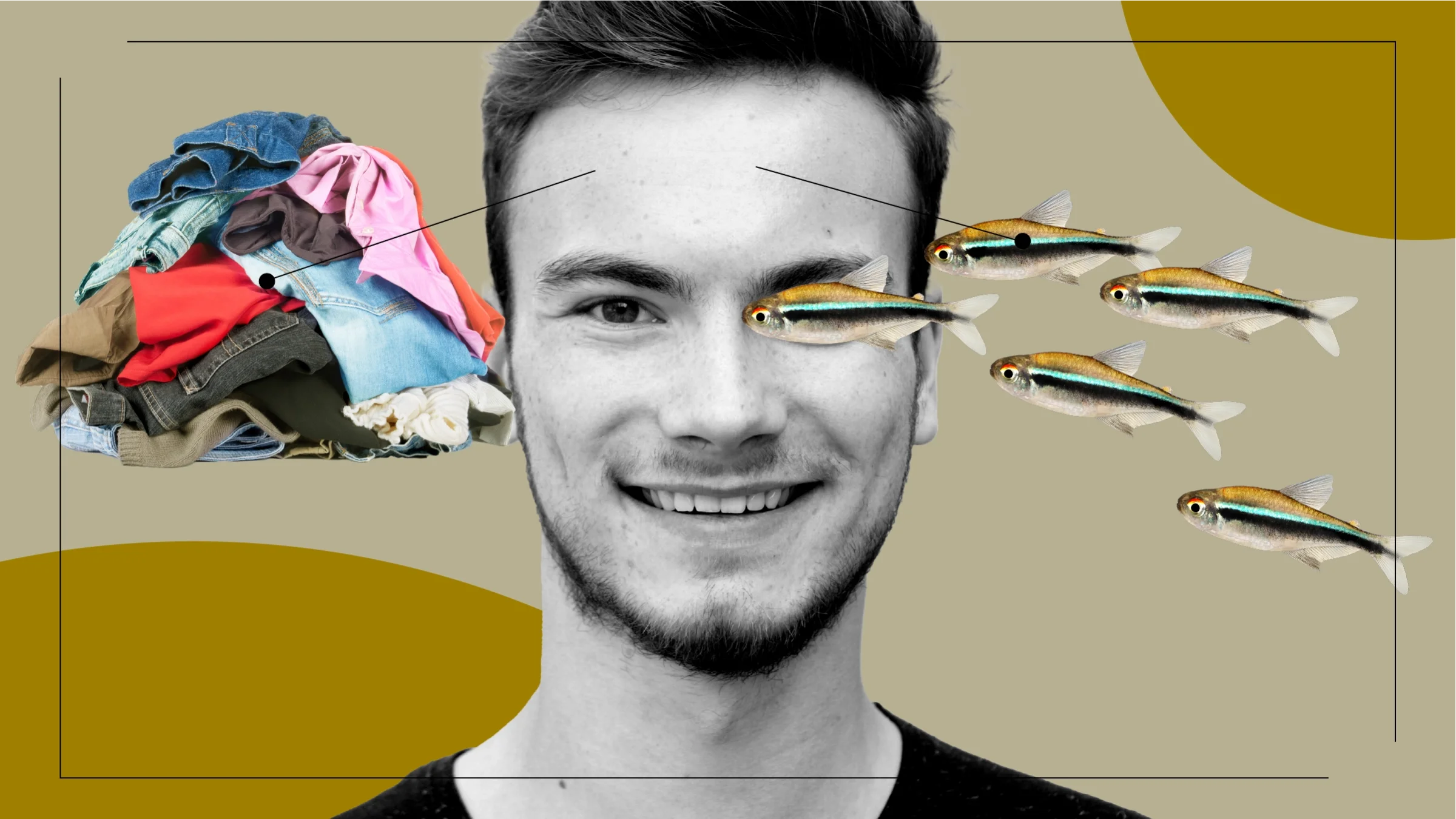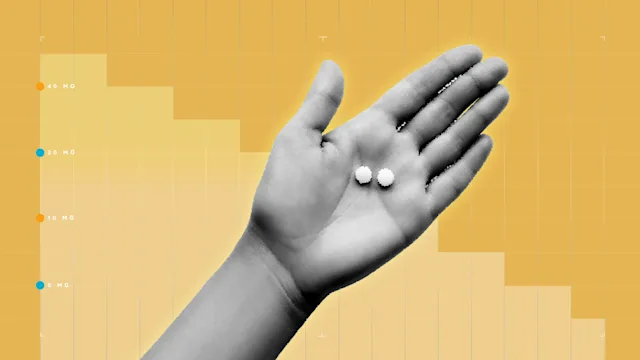Key takeaways:
Adderall (amphetamine salt combo) is a prescription-only, stimulant medication that’s used primarily to treat attention-deficit hyperactivity disorder (ADHD). It’s also a controlled substance.
Some people stop taking Adderall temporarily, either intentionally or because of shortages.
Talking with your healthcare professional before stopping treatment with Adderall is important because withdrawal symptoms are common.
Many people know Adderall (amphetamine salt combo) as a medication that helps people with attention-deficit hyperactivity disorder (ADHD) to focus their thoughts and activities. In fact, stimulants such as Adderall are the most commonly prescribed medications to treat ADHD.
However, Adderall is a Schedule 2 controlled substance that has the potential to lead to dependence and misuse. Some people may decide to stop taking Adderall, at least temporarily, after talking with their healthcare professional. There are a number of reasons why this might happen. Additionally, there have been shortages of the medication lately. So some people have had to go without it and in some cases take another medication for ADHD until there’s more Adderall available.
Though Adderall is also commonly prescribed to children, we focus here on three adults who describe their experiences stopping treatment for a period of time.
Search and compare options
An Adderall shortage meant a week without ADHD medication
Molly Roux, the 37-year-old managing director of Brain Spice Labs in New Orleans, was diagnosed with ADHD in 2019.
At the time, she was running her own consulting business and having a hard time prioritizing and completing tasks. Without something to help her focus, she says, she felt stunted in achieving her goal of expanding her business.
After trying other ADHD medications and finding them ineffective, she switched to Adderall XR (extended-release) with good results. But, in February 2024, her refill for her 20 mg dose was denied because her pharmacy could not get the medication because of recurring shortages.
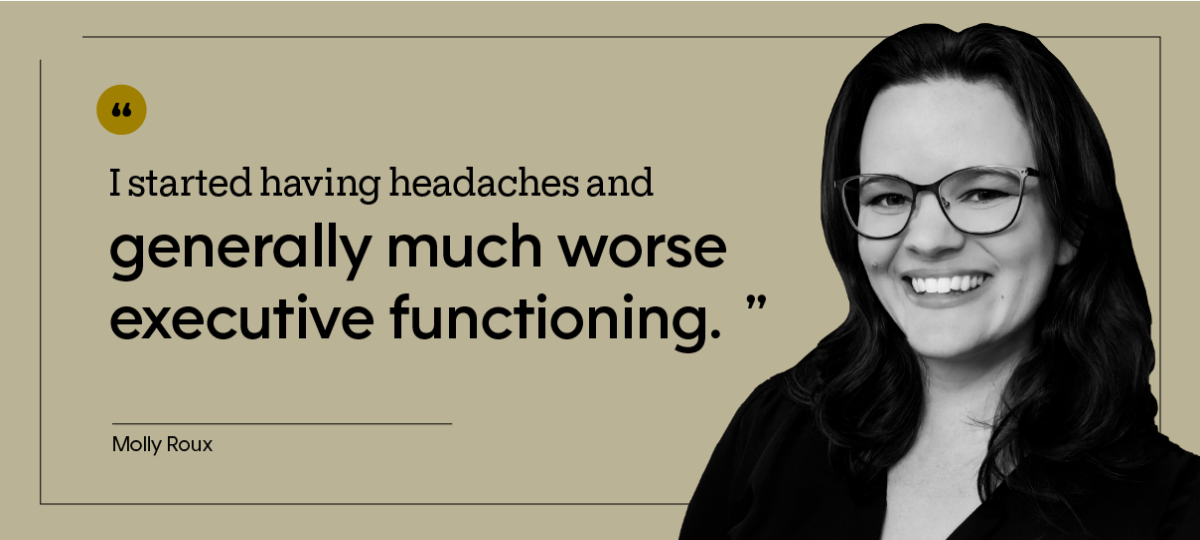
Molly’s prescriber tried ordering higher doses to no avail. So Molly ran out of pills and had no medication for 7 days. She says she felt the effects immediately.
“I started having headaches and generally much worse executive functioning,” she says. She would sit staring at her computer screen for more than an hour, unable to complete tasks.
“It was about 3 to 4 days after I started taking them again that I was back to where I was,” she says.
‘I felt in absolute disarray’
Molly Foss, 42, of Brooklyn Park, Minnesota, was diagnosed with ADHD in 2008 while she was in nursing school. She started taking Adderall to help her focus on her studies. And eventually, she became a trauma nurse.
Eight years later, Molly wanted to have a child and decided to stop taking Adderall. (Though research has shown a link between stimulants and the risk for some complications during pregnancy, including possible birth defects, untreated ADHD can also have negative health consequences.) She became pregnant and she stayed off Adderall for 18 months. But soon, she felt the effects at work.
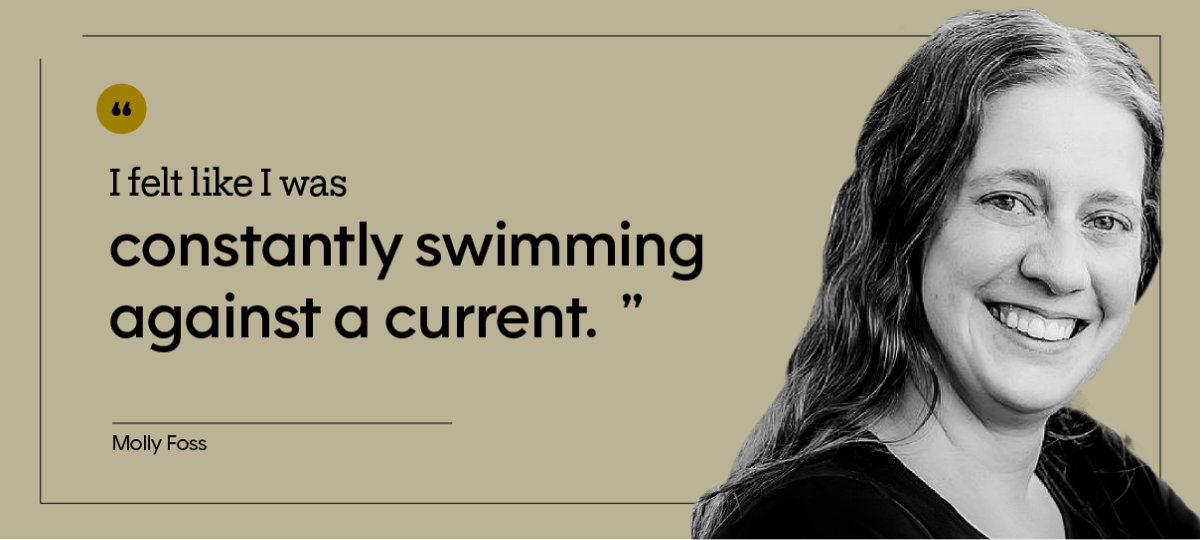
“I felt in absolute disarray and was frequently forgetting little things,” Molly says. She wasn’t forgetting things that would put her patients in danger. It was more that she found herself running back into patients’ rooms to complete tasks she meant to do earlier. Her coworkers laughed it off, telling her she had “baby brain.”
After her baby stopped breastfeeding, Molly started taking Adderall again on workdays. And she has no plans to stop taking it in the future.
“It wasn’t a great 18 months for me,” Molly, now a same-day surgery nurse, says. “I felt like I was constantly swimming against a current. Everyone around me just thought it was funny instead of realizing how much I was struggling.”
When it started to feel unhealthy, he stopped taking Adderall
Gene Caballero, 44, of St. Petersburg, Florida, stopped taking Adderall for a different reason.
Gene, who was diagnosed with ADHD, started taking it in 2012 when he was working a full-time corporate job during the day and starting his lawn care company, GreenPal, on nights and weekends. He says he felt he needed Adderall to stay focused and keep him going at night.
“It certainly keeps you focused,” he says. But, for him, there were repercussions.
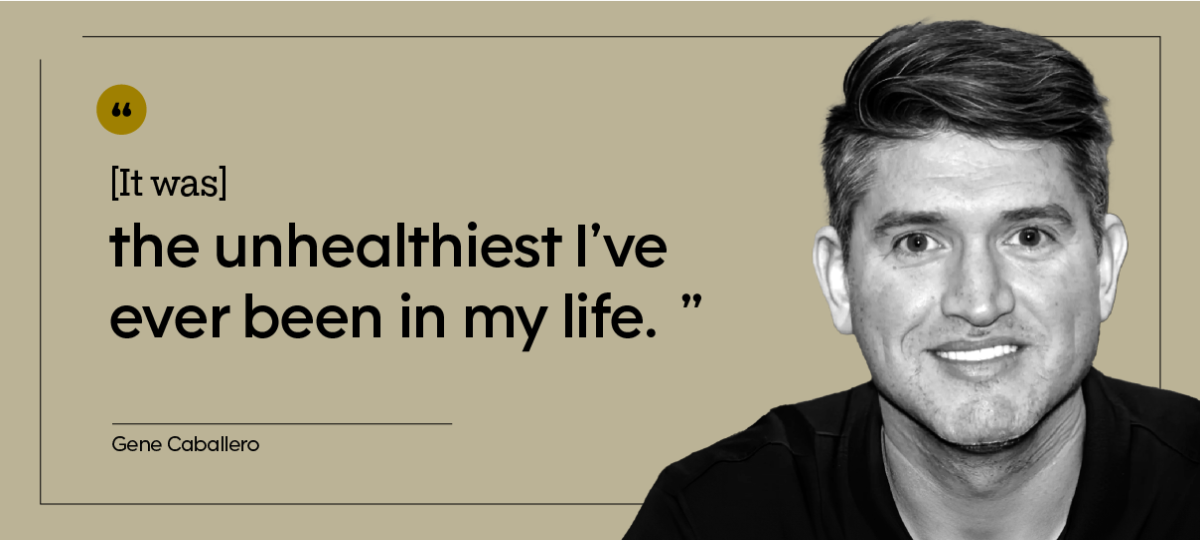
At one point, Gene stopped taking Adderall on the weekends and found he was getting irritable and had no desire to do anything social. It began to feel like the medication was an addiction.
He was having trouble sleeping between his workload and the stimulant effects of the Adderall. So he started taking sleeping pills as well. It was “the unhealthiest I’ve ever been in my life,” Gene says.
He talked with his doctor and knew he had to make a change. He sold his house and quit his corporate job to focus on his start-up. Then, motivated by no longer having health insurance through work and his desire to break what he felt was becoming an addictive cycle, he stopped taking Adderall.
Immediately, Gene got headaches and felt irritable. “I didn’t eat for probably 2 or 3 days,” he says.
But then, he started working out, changed his diet, and adopted a new mantra: My company can have all the success in the world, “but if I’m dead, I’m not going to be able to enjoy it.” His primary job was to get healthy, he reasoned. And if he found he still needed the medication, he would address it after that.
“I got off Adderall about 2019,” Gene says. “Fortunately, I don’t need anything now.”
What does the pharmacist say?

Amy Gragnolati, PharmD
Pharmacy editor
Adderall (amphetamine salt combo) is a prescription-only tablet that’s FDA approved to treat attention-deficit hyperactivity disorder (ADHD) and narcolepsy in children and adults. It also comes as an extended-release capsule called Adderall XR that’s approved to treat ADHD.
Adderall is part of a group of medications called stimulants. These are the most commonly prescribed medications to treat ADHD in adults and children. Adults usually start with one to two doses of Adderall per day, but may need up to three doses. Doses should be spaced 4 to 6 hours apart. Adderall XR is typically taken only once a day.
Avoid taking Adderall doses too late in the evening if possible. Taking Adderall too close to bedtime can make it harder to fall asleep. And it’s best to take the lowest effective dosage. This helps minimize your risk for side effects, such as a racing heart and restlessness.
Before starting treatment with Adderall, make sure your healthcare professional has your full medical history. There are some cases in which Adderall may not be the best treatment option. For example, Adderall is a controlled substance that can lead to dependence and misuse. So people with a history of substance use disorder, who may be more likely to experience these issues with Adderall, may need to avoid it entirely.
Additionally, give your prescriber and pharmacist an updated medication list that includes all of the over-the-counter medications and supplements you take. This allows them to check for possible Adderall interactions. Also, let your prescriber know if you drink alcohol. It's best to avoid combining Adderall and alcohol, so they may want you to try another medication if you plan to continue drinking.
Based on your medical history, the other medications you take, and your goals for ADHD treatment, your healthcare provider can discuss the pros and cons of Adderall with you. They can also discuss alternatives, if needed.

Why trust our experts?
